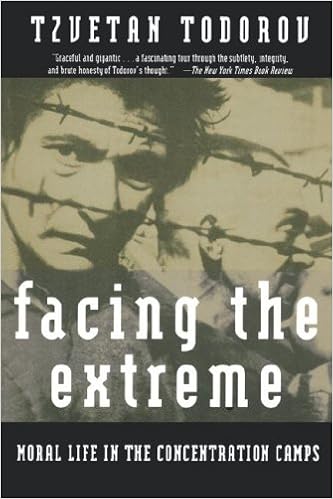We live in a dark time in America right now. It has been dark before. It is dark again. I am thinking of the open expressions of ignorance and hate which have been enabled by the last election. It is very easy to feel discouraged right now, at least it is for me.
But last night I was reading about slave fathers in The Half Has Never Been Told: Slavery and the Making of American Capitalism by Edward E. Baptist. He was pointing out how the enslaved would choose “to protect their role as husband and father” instead of “protecting their own bodies alone” through running away or rebelling.
He tells one especially poignant story that he seems to have figured out from documents about Joe Kilpatrick. Joe Kilpatrick was sold away in North Carolina from his wife and two daughters, Lettice and Nelly. He ends up building a building to live in on his enslaver’s cotton labor camp near Tallahassee. He takes in a young five year old boy, George Jones, “orphaned by trade.” Jones grows up, gets married and fathers two daughters named Lettice and Nelly. Baptist speculates on what kind of stories Kilpatrick told to Jones as he raised him. He wonders when Jones decided that Kilpatrick’s two daughters were his sisters. Kilpatrick, in raising Jones “sought redemption for his own losses not in domination, nor in acceptance of despair, but in long-term, patient hope.”
Wow. Baptist quotes the author Todorov who wrote about the concentration camps and calls Kilpatrick’s “patient hope” “ordinary virtue.”

Todorov wrote that people in the camps sometimes chose “transcendence by displaying kindness toward other people. Through small, everyday acts that committed them to the survival of other human beings—even at the cost of lowering their own chances—they demonstrated their own commitment to an abstract yet personal value. Although heroic acts were as suicidal in twentieth-century death camps as they were in nineteenth-century slave labor camps, even in hell there was still room to be a moral human being.” (p. 282 of Baptist’s book where he is paraphrasing Todorov)
Ordinary virtue is a good name for what it takes to stay sane and behave with any integrity in the USA right now. And to my way of thinking, even though times are dark, they are not as dark as they were for people in concentration camps and slave labor camps.
This brings me to my second glimmer of hope.


Introduction to Classical Greek
Many thanks to my brother, Mark, for pointing out this fantastic web site.